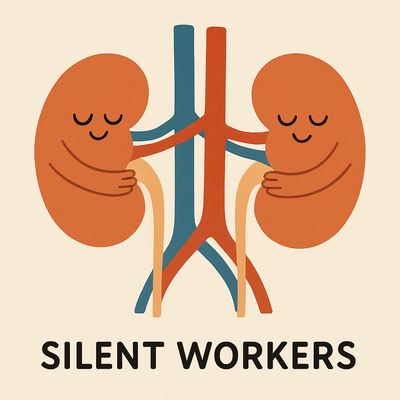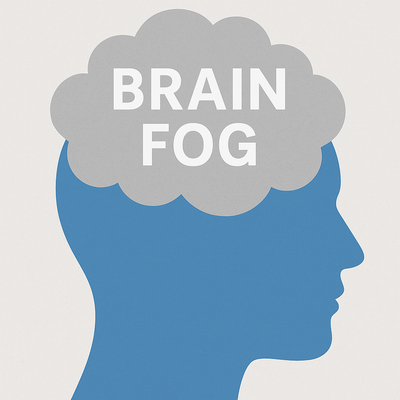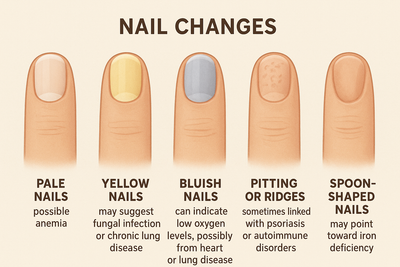Articles #anemia
Over the years in clinical practice, I have learned that the skin is often a silent storyteller of a patient’s internal health. While most people focus on its cosmetic appearance, as physicians, we know that the skin can act as a window to systemic diseases, nutritional deficiencies, hormonal imbalances, and immune disorders.
Read MoreYour kidneys are working right now — quietly, continuously, and without complaint — to keep you alive. Each about the size of a fist, tucked under your ribcage towards your back, these bean-shaped organs filter roughly 50 gallons of blood every single day. They remove waste, balance electrolytes, regulate blood pressure, and even influence your bone strength and red blood cell production. Despite this incredible workload, most people rarely give their kidneys a second thought — until something goes wrong.
Read MoreAs physicians, we often encounter patients who complain of “brain fog.” They describe it as a state where their mind feels cloudy, concentration becomes difficult, memory slips more frequently, and decision-making slows down. While this is not a medical diagnosis in itself, it is a symptom that warrants attention. Brain fog can be temporary, related to lifestyle factors, or it can point toward an underlying medical condition that requires evaluation and treatment.
Read MoreNails are often overlooked in daily medical assessment, yet they are windows into our inner health. Subtle changes in their color, shape, thickness, or surface may reflect not only local conditions but also systemic diseases. From nutritional deficiencies to chronic organ dysfunction, nails silently record what the body endures. A physician who trains the eye to read these signs can often detect illness earlier than routine laboratory investigations.
Read More


